UNLIKE THE REST OF THE DEVELOPED WORLD, LIFE EXPECTANCY IS DECREASING IN THE US, THANKS TO THE POLITICIZATION OF HEALTHCARE, WEALTH DISPARITY AND DRAMATIC INCREASES IN DEATHS LINKED TO OBESITY, GUN VIOLENCE AND DRUG ADDICTION.
Looming behind these national dynamics is global climate change, poised to become the world’s top public health crisis. These facts are a call to action and emphasize the need to take a holistic view of healthcare in our country.
Despite the dire statistics, we believe there is much to be optimistic about. Perhaps surprisingly, the most optimistic section of this report is about cancer—a look at how far we’ve come and the encouraging prospects of individualized cancer treatment. Other bright spots:
- High-powered, flexible artificial intelligence is emerging as an aide and guide in virtually every field of medicine, with the potential to distribute and apply the world’s best medical practices far and wide.
- Advances in life-extension science promise not just to make our lives longer, but to make our later years healthy, fulfilling and productive.
- Momentum in the field of phenomics, which combines genomics, proteomics, epigenomics and other biological sciences to allow development of increasingly targeted approaches to health.
- Neuro-connected bionic prosthetics are becoming more accessible to people across the socioeconomic spectrum.
- Increasingly powerful personal health technology that helps people monitor their own biological systems and act early to address issues before they cause illness.
But new technologies will not be enough. In the 2017 Future of Medicine report, we forecast a pandemic that would “galvanize political will and spur development of technology to accelerate vaccine production and distribution.” The crisis we predicted arrived only a few years later—and for what now seems like a distant, shining moment, governments and the pharmaceutical industry showed what’s possible by working together to rapidly create and distribute Covid vaccines globally. Solving the health crises of the near future will require similar levels of collaboration, commitment to innovation, and willingness to transcend politics.
From the beginning of recorded history, healthcare has been a defining achievement of civilization. The Code of Hammurabi, written in cuneiform nearly four millennia ago, mandates the measurement of outcomes from medical procedures and incentives for doctors to provide the best form of care. It also specifies minimum standards of care for even the least privileged members of society. Thousands of years later, our nation still struggles to realize those Mesopotamian standards.
It’s our hope that this report will spur the leaders of the institutions that shape health in the US—hospital systems, insurance carriers, pharmaceutical companies, medical schools and most of all policymaking and regulatory bodies— to seize the opportunities presented by the emerging technologies of today and tomorrow, and to reengineer our health system with compassion, common sense and ethical clarity.
Josh McHugh
Editor in Chief
David Ewing Duncan
Executive Editor
Ethan Watters
Senior Editor
